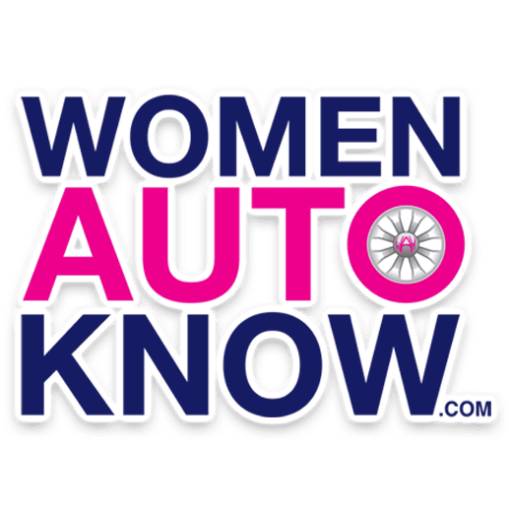There are some important safety issues you need to be aware of concerning VW vehicles. Read on as one of them might be yours.
First, let’s talk about the Dieselgate scandal from 2015. Volkswagen installed software in about 11 million diesel cars to cheat emissions tests. This meant that while the cars appeared eco-friendly during tests, they were actually emitting up to 40 times the legal limit of harmful nitrogen oxides (NOx) when driven normally. This deception had serious consequences. The excess NOx emissions contribute significantly to air pollution, leading to respiratory problems and environmental harm. Buyers who chose VW’s diesel cars thinking they were making an eco-friendly choice were instead doing the exact opposite. To address this, support groups and initiatives pushing for VW to make amends, and consider switching to genuinely eco-friendly vehicles from brands with a better environmental track record.
You’d think getting caught would lead to better behavior, right? Unfortunately, VW has faced further allegations of shady practices. Recent reports suggest they might still be bending rules and misrepresenting facts with newer models. This continued misconduct erodes trust and has broader implications. Continued misconduct makes it hard to trust VW’s promises. Legal troubles and fines can trickle down to consumers, potentially leading to higher costs and lower resale values.
Volkswagen is now under scrutiny for using parts made by a supplier on a list of firms banned due to alleged links to Chinese forced labor. This supplier, implicated in the exploitation of Uighur Muslims, raises serious ethical concerns about the supply chain integrity of Volkswagen and the human rights implications of their manufacturing processes. The use of parts from suppliers linked to forced labor not only violates basic human rights but also tarnishes the ethical standing of the company. Supporting such suppliers indirectly endorses these unacceptable practices. Push for VW to audit and disclose their supply chains, ensuring that they are free from forced labor and other unethical practices, and opt for vehicles from manufacturers who are transparent about their supply chains and committed to upholding human rights.
While VW has made some progress towards electric vehicles (EVs) and sustainability, it often feels like they’re doing it more for PR than real change. Compared to some rivals, VW has been slow in phasing out gas-guzzlers and embracing greener technology. VW’s slow transition means continued reliance on fossil fuels, delaying broader environmental benefits. As a major industry player, VW’s actions can influence the pace of sustainable practices across the automotive sector. Support brands that are leading the way in sustainability and innovation. Encourage VW to provide clear, transparent updates on their sustainability goals and progress, and hold them accountable to their commitments.
As a Volkswagen owner or potential buyer, there are steps you can take to ensure your car choices reflect your values.
- Ask your repair shop or VW dealer for more information and how this impacts you.
- Share information about VW’s unethical practices with fellow VW fans to raise awareness.
- Advocate for tougher environmental and consumer protection regulations to hold companies accountable. Opt for vehicles from manufacturers that prioritize ethical practices and sustainability.
While Volkswagen has had its fair share of ethical missteps, as consumers, we have the power to push for better practices. By staying informed and making conscious choices, we can help drive the auto industry towards a more ethical and eco-friendly future!!
